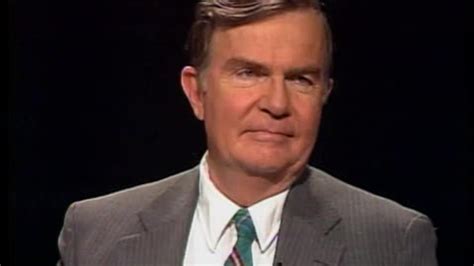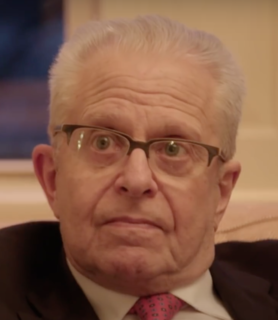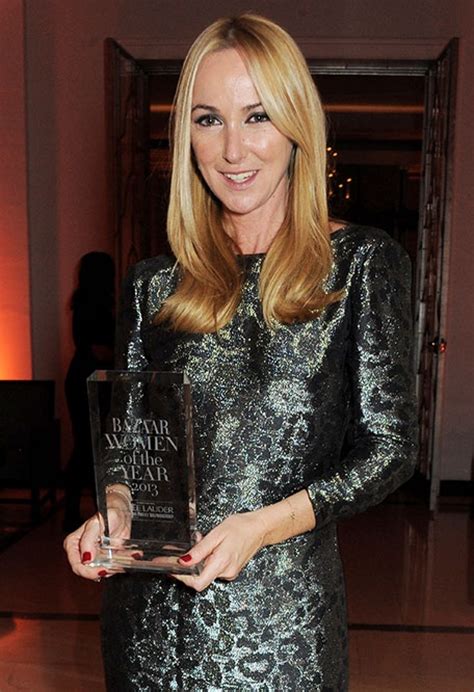A Quote by Ben Rhodes
In the course of a presidency, a U.S. president says millions of words in public. You never know which of them end up cementing a certain impression.
Related Quotes
[The American public demands] a sense of legitimacy from and in the presidency. There is more to this than dignity, more than propriety. The president is expected to personify our betterness in an inspiring way, to express in what he does and is, not just what he says, a moral idealism which, in much of the public mind, is the very opposite of politics.
For we let our young men and women go out unarmed in a day when armor was never so necessary. By teaching them to read, we have left them at the mercy of the printed word. By the invention of the film and the radio, we have made certain that no aversion to reading shall secure them from the incessant battery of words, words, words. They do not know what the words mean; they do not know how to ward them off or blunt their edge or fling them back; they are prey to words in their emotions instead of being the masters of them in their intellects.
I do have to say when we read certain words being used to describe President Trump - it's never been done. It wasn't done about President Obama. It wasn't done about either President Bush, President Clinton, because people have a certain respect for and recognition of the dignity for the office of the president. And so I am beseeching everybody to cool it down a little bit.
Anyone who has ever studied the history of American diplomacy, especially military diplomacy, knows that you might start in a war with certain things on your mind as a purpose of what you are doing, but in the end, you found yourself fighting for entirely different things that you had never thought of before. In other words, war has a momentum of its own and it carries you away from all thoughtful intentions when you get into it. Today, if we went into Iraq, like the president would like us to do, you know where you begin. You never know where you are going to end.
In this box are all the words I know… Most of them you will never need, some you will use constantly, but with them you may ask all the questions which have never been answered and answer all the questions which have never been asked. All the great books of the past and all the ones yet to come are made with these words. With them there is no obstacle you cannot overcome. All you must learn to do is use them well and in the right places.
I don't know if Mika Brzezinski intended to be that honest. She's very worried the president intimidating the media is gonna lead to people believing what the president says instead of what the media says, and it's the media's job to control what people think. She used the word "control." She worries that Donald Trump is acing them on this and her fear is rational, but her philosophy is off course, all wet.
I can tell that sometimes I live a very good moment and I'm very joy- ful and optimistic, so I can see more bright colors in my collection. [laughs] Other times I feel so depressed and so sad and I see a lot of darkness. So it really depends. Of course, there are certain rules you have to operate by in terms of markets, and for summer and for winter. But at the end of the day, you are a person and you put a lot of yourself into the clothes. You know, I can never decide what I am going to wear on the day of the show. It depends a lot on which mood I wake up in that day, so I never know.



































